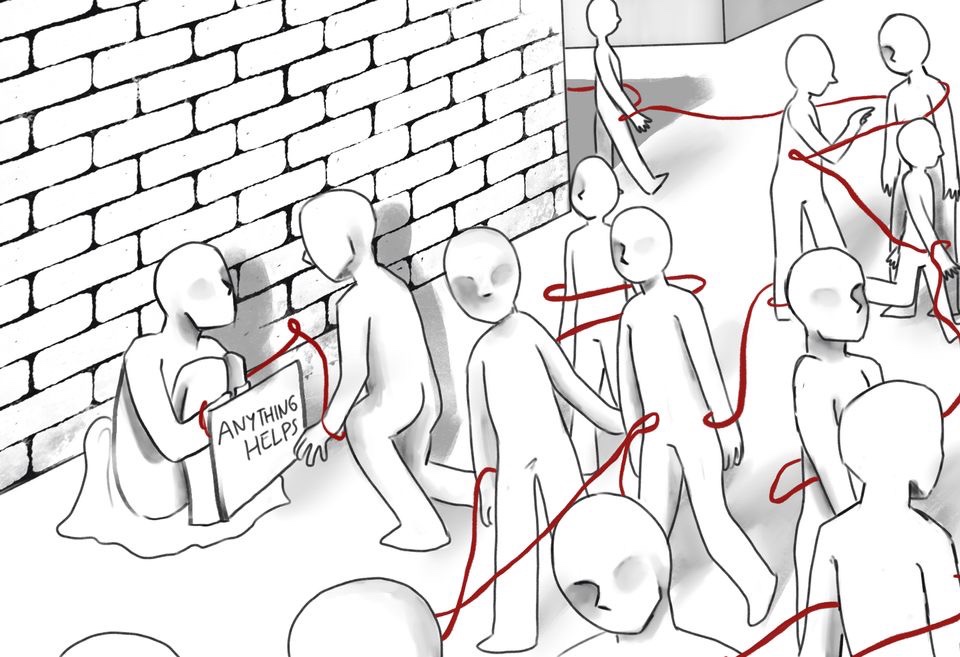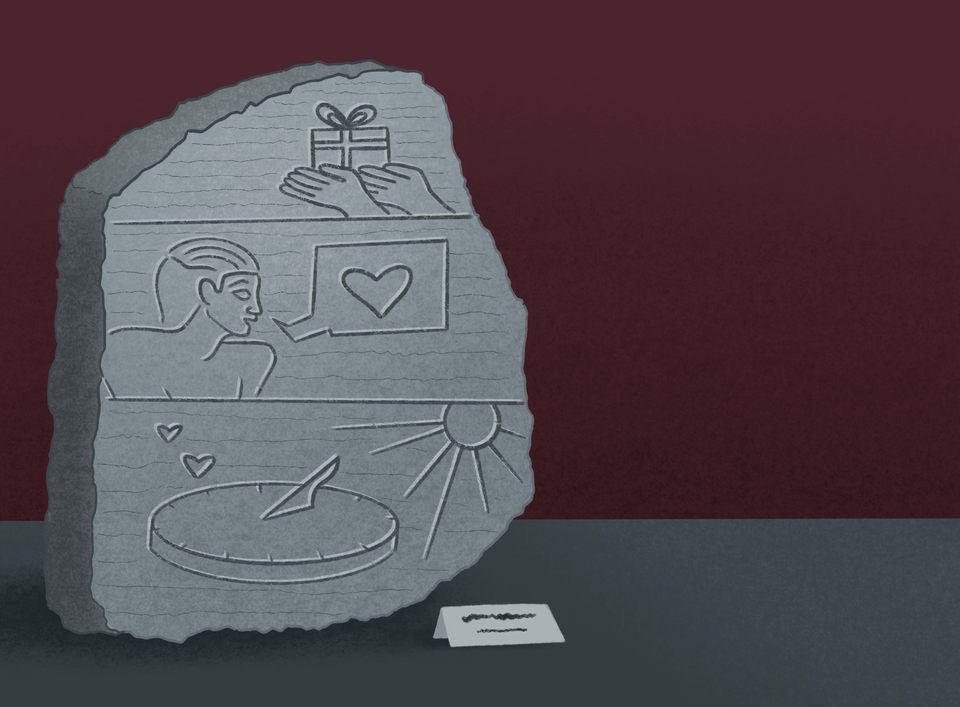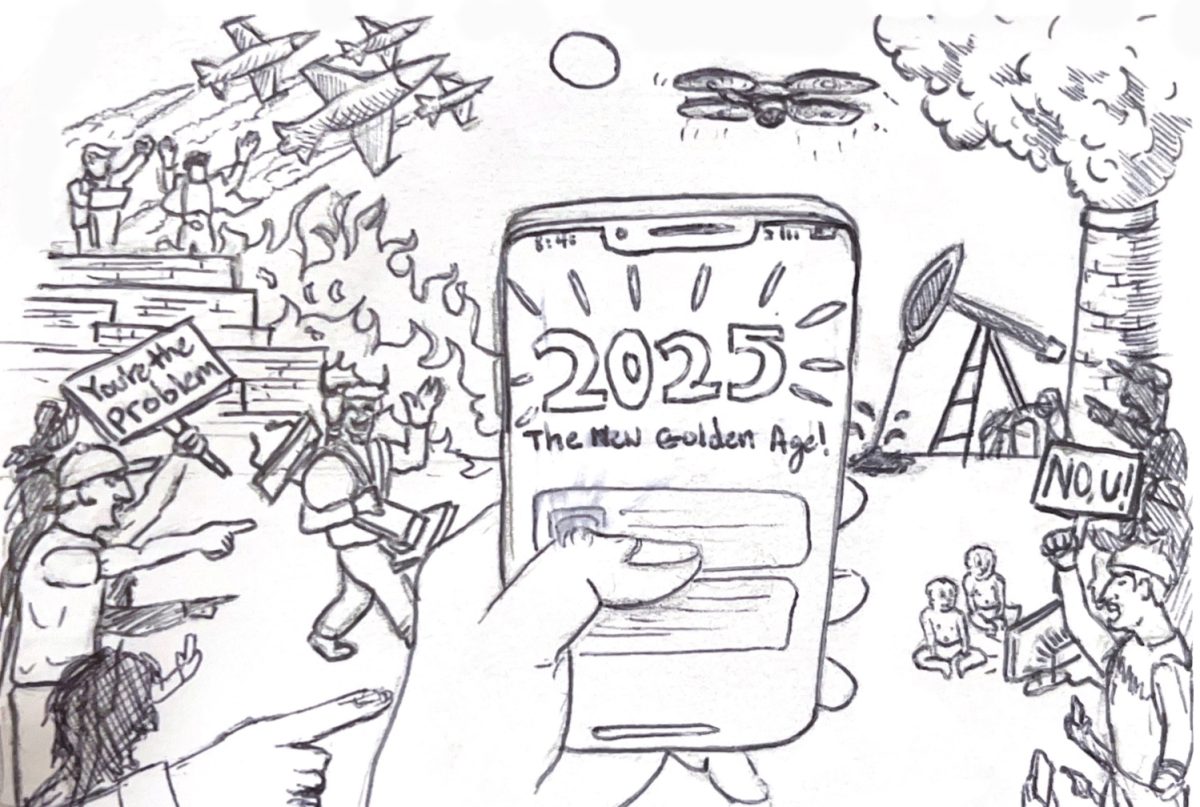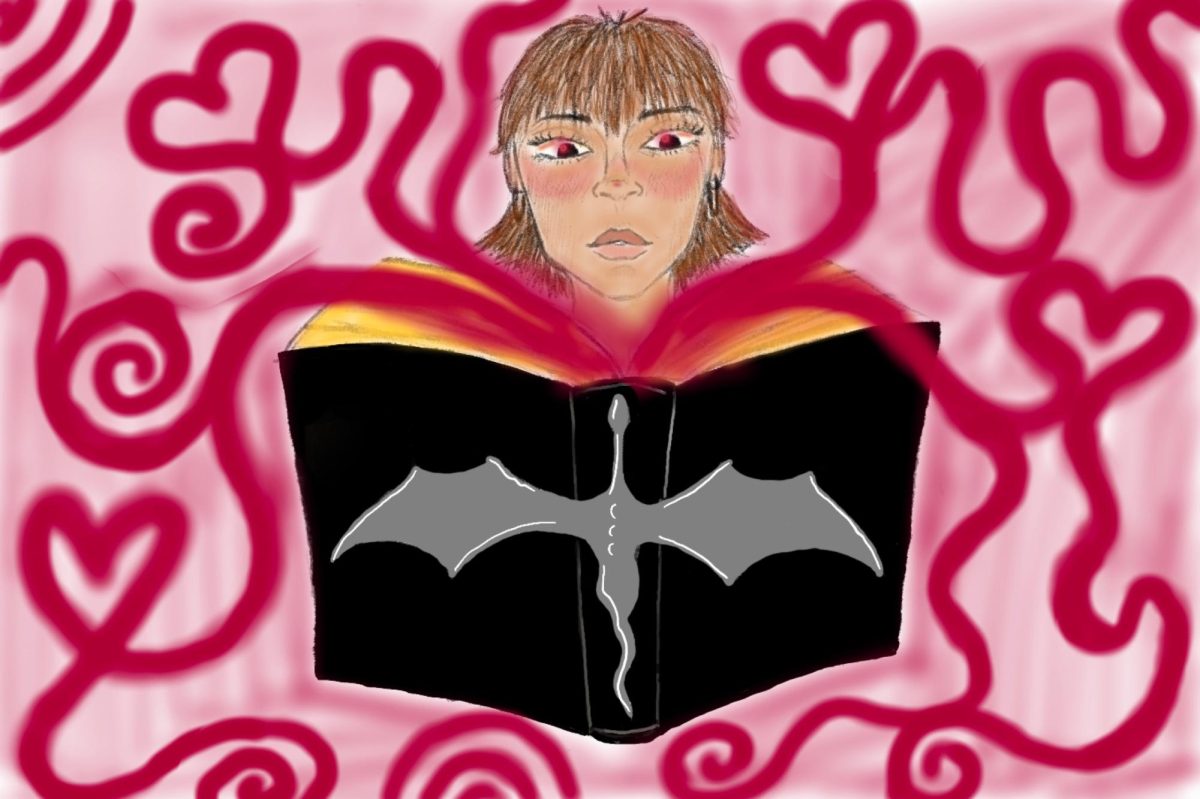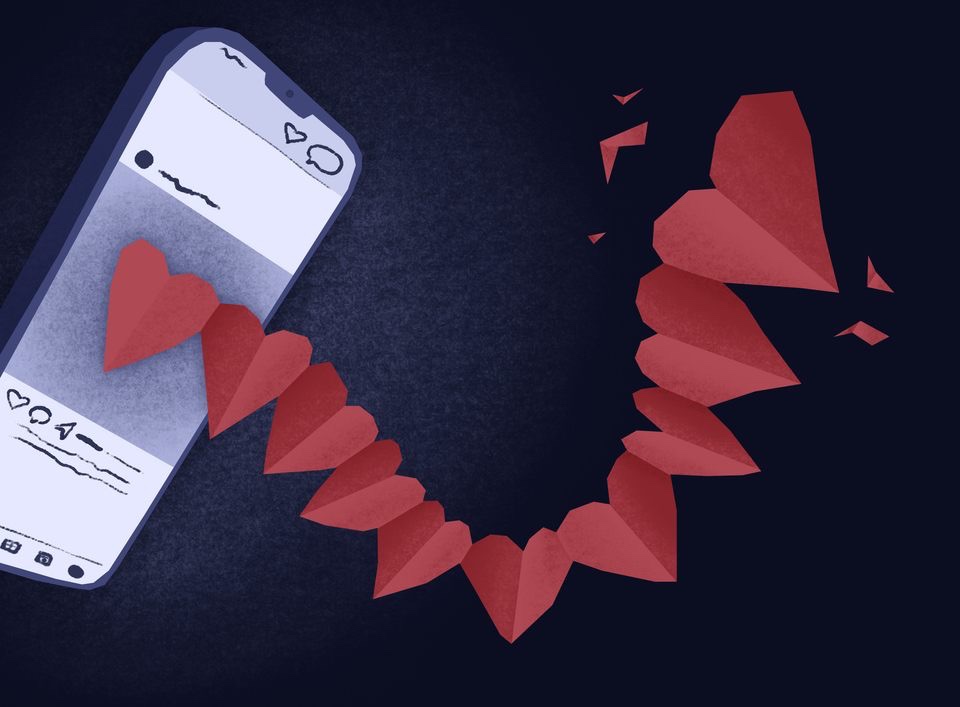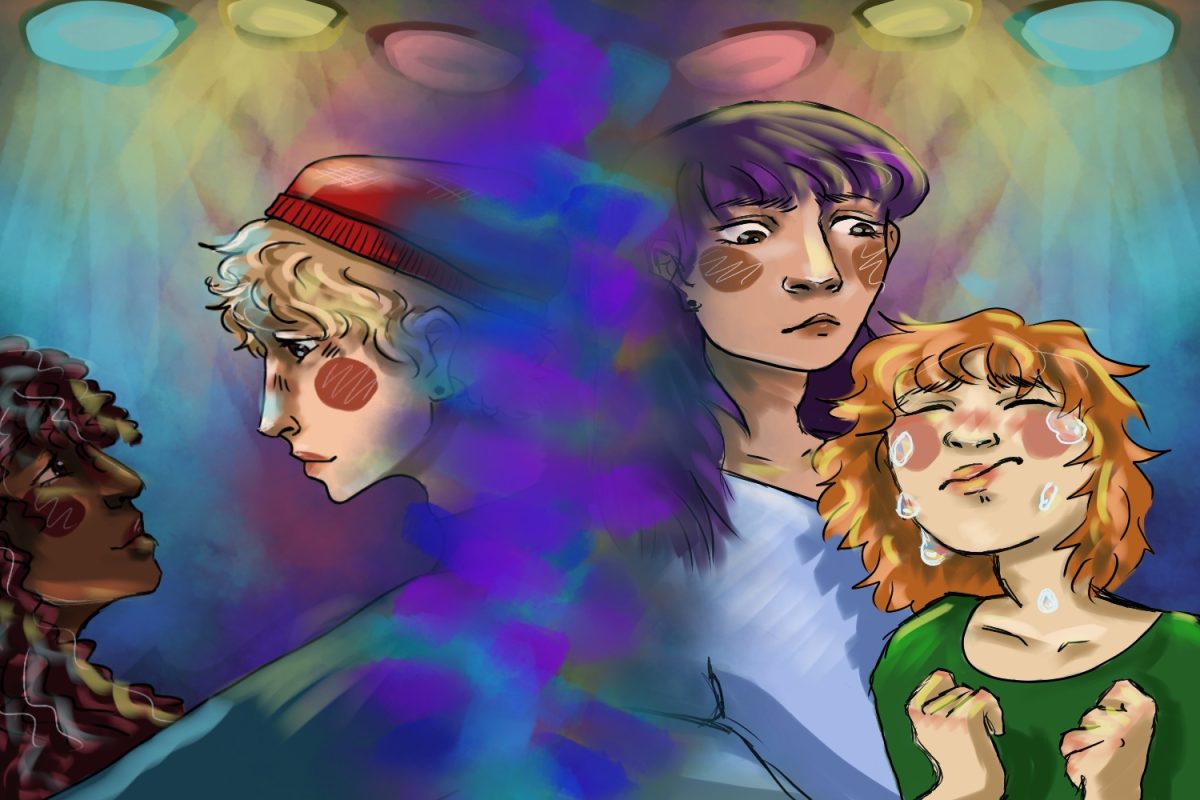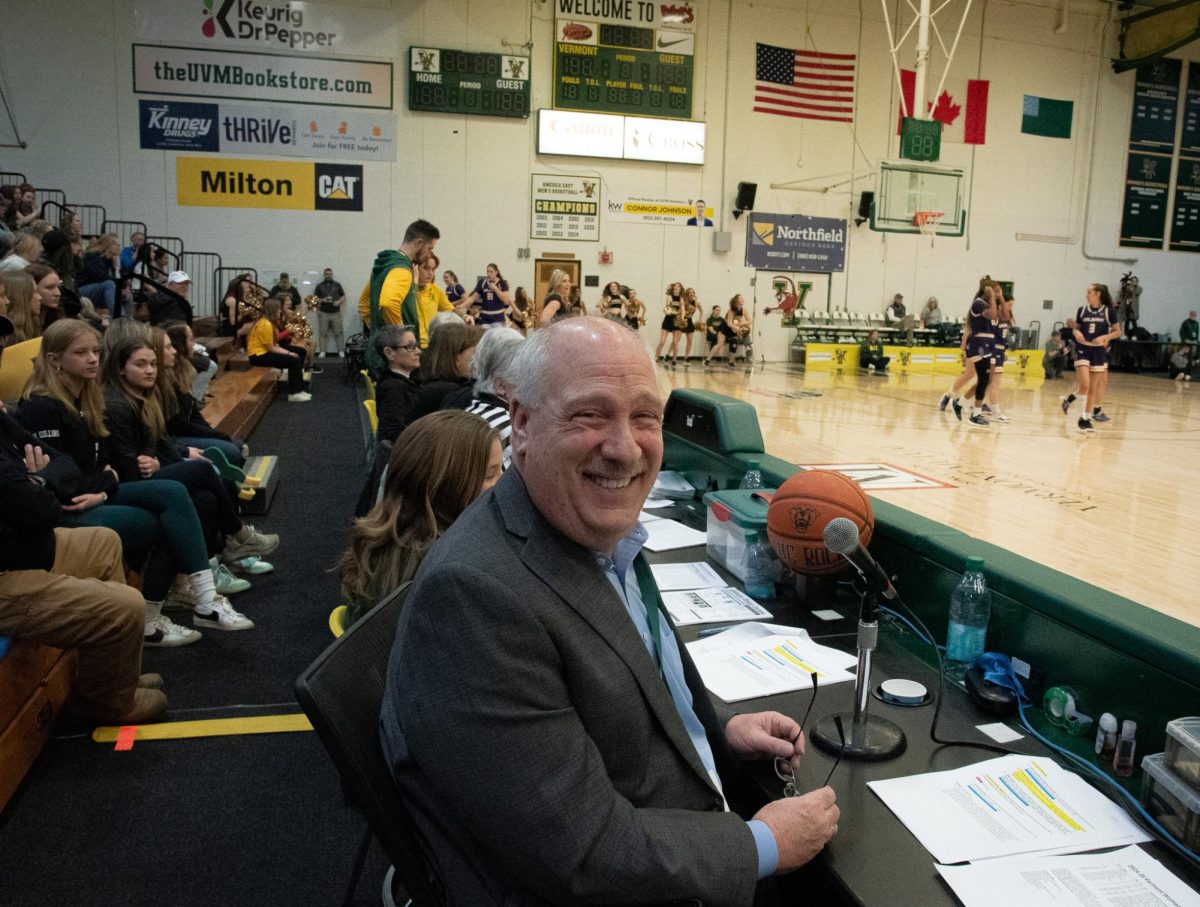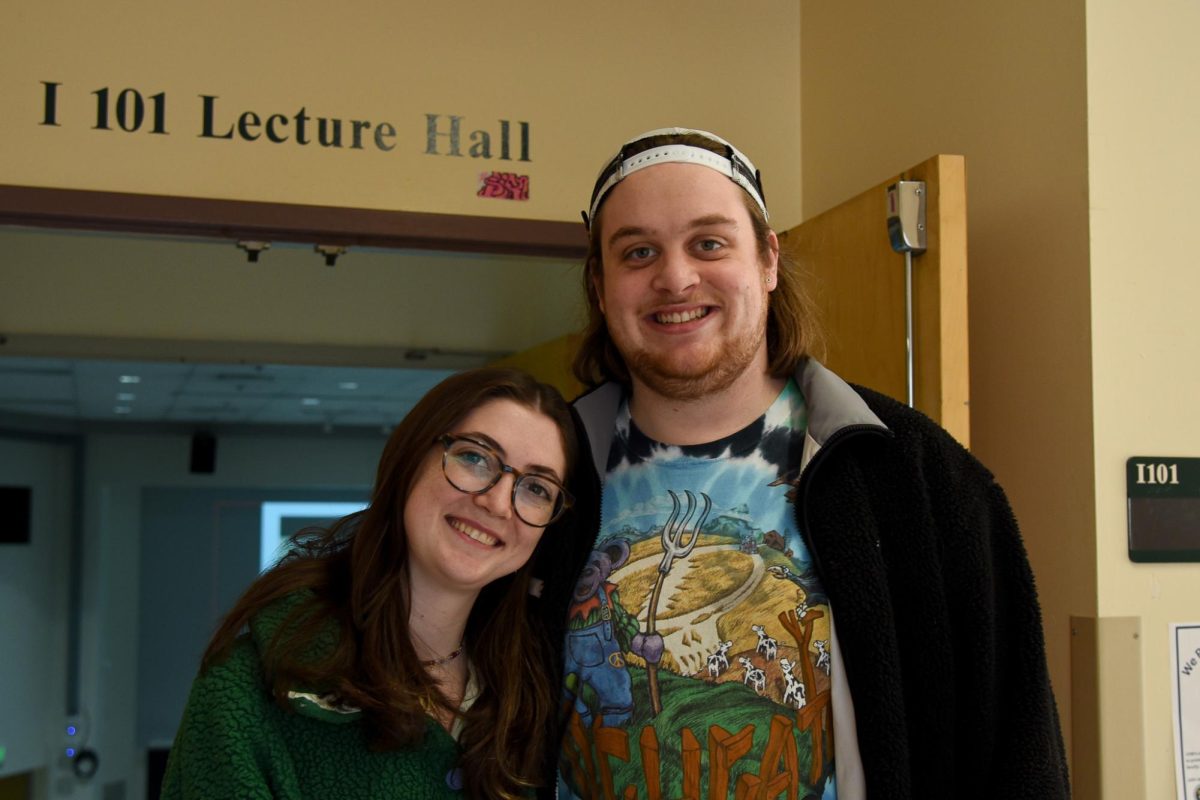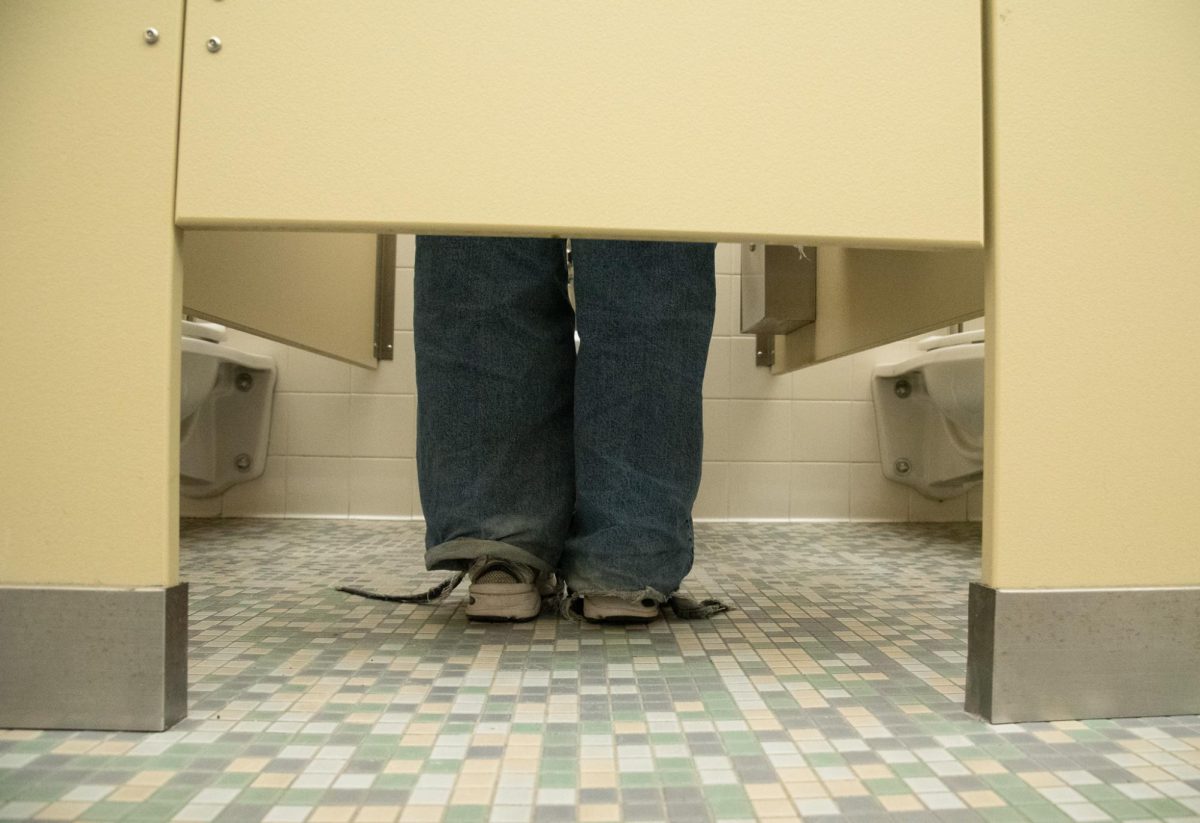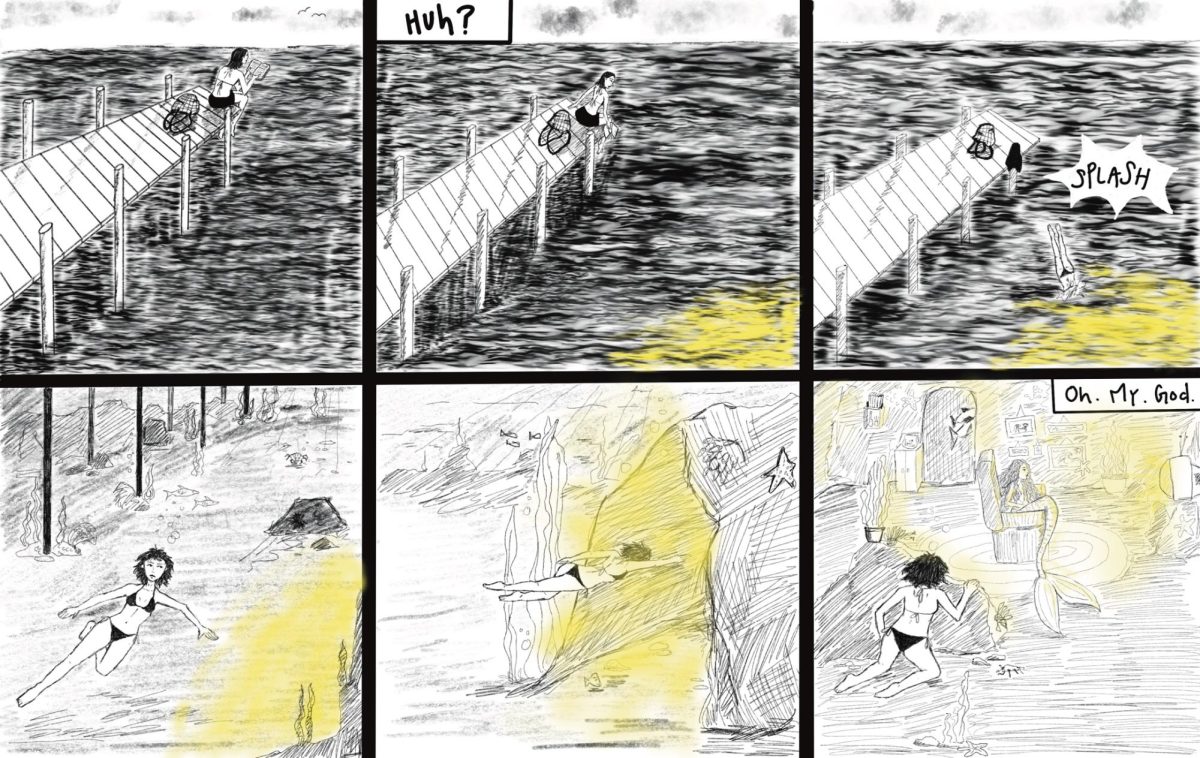A few weeks ago, I met up with my endlessly kind friend for a post-winter break catch-up over coffee.
With our noses runny from the cold, our brains in need of some caffeine and our stomachs rumbling for breakfast, we meandered over to Black Cap Coffee.
A woman outside of Ben and Jerry’s called out, her voice breaking with each syllable. It was the same woman who’s usually there.
“Ladies,” she addressed us directly. “Can you spare any change?”
Our chirpy conversation came to a sudden halt. An uncomfortable feeling rested in my chest as we made the silent decision to walk over to her.
A pang of sadness sloshed with a wave of wariness in my stomach. Then I was left with a dark cloud of guilt for feeling any fear about a virtually helpless woman.
We walk by unhoused individuals every day, weighing whether to approach or ignore them, our decision is determined by who we perceive as worth our time.
Tears began to cloud her eyes as she spilled out her story. Her voice was eager, and she spoke rapidly as if we would walk away at any moment.
“My sister is getting an emergency surgery, and I just need $20 for a bus ticket to go see her. It is just so difficult, and I don’t know what to do,” she said.
The pang of sadness sharpened and my guilt stormed as I fished through my wallet while trying to avoid flashing my emergency twenty.
Upon giving her a couple of dollars, the woman thanked us with an equal amount of surprise and sincerity. She continued telling us about the hardships of her life. We chatted about the weather and the decorations on Church Street until she thanked us again, and we left for coffee.
Once at coffee, we reflected on how utterly freezing that woman must be and wondered if we were the only two people she’d talk to that day.
We talked about the many times we’d been walking with other people and decided to put our heads down and ignore her, how it felt contradictory to our character.
Every time she called out, she cashed in a little bit of humanity and often received none in response, reaching out for just a moment of connection only to be ignored.
Whether she wanted the money or the chatting is beside the point. She called for help and many times we didn’t give her the time to listen.
In different circumstances, people would respond without hesitation. I wondered about the person she would have to become – how she would have to appear and act — to be respected by Burlington residents.
Calling back to my conversation with KC Williams, I elaborated on this exchange and the other times we consciously ignored the unhoused.
“[People] don’t want access to the unhoused,” Williams said. “They want to be as far away as they can from poverty and struggle.”
When we put our heads down it communicated that she was not part of us, she wasn’t human enough to be heard.
By not expending the minimal energy and time required to converse with her, we were detaching ourselves from her struggle and conserving the connection that we could instead give.
Even without a physical cash exchange involved, these interactions are still transactional.
Like currency, each time we listen intently and respond thoughtfully each person gives a little bit of themselves.
“We accept the invisibility of an entire group of people and act like they’re just not there,” Williams said. “It’s a part of this issue of where we choose to spend our humanity.”
When we stopped and gave the woman some of our money, but more importantly our time, we listened and looked her in the eyes as the complete human she was.
As my friend and I sat and sipped our coffee, the woman shuffled in from the cold and used the bathroom. She then bought a croissant. I couldn’t help but wonder if it was our money.
I wondered if I had just seen our transactional humanity play out in real-time, as our conversation fulfilled a momentary need for connection.
This battle of choosing where we spend our humanity is something I think I’ll spend the rest of my life figuring out.
For now, all I can do is attempt to aid those around me through the strength of connection while understanding some of these unfortunate things are just completely out of my power.
Let the guilt redirect me but not consume me. Let my attentiveness lead to sharing some words of empowerment.
And let these interactions exhibit the humanity that every one of us possesses.
Kindly, Olivia.
The Vermont Cynic accepts letters in response to published material, as well as any issues of interest in the community. Please limit letters to 350 words. The Cynic reserves the right to edit letters for length and grammar. Please send letters to [email protected].


